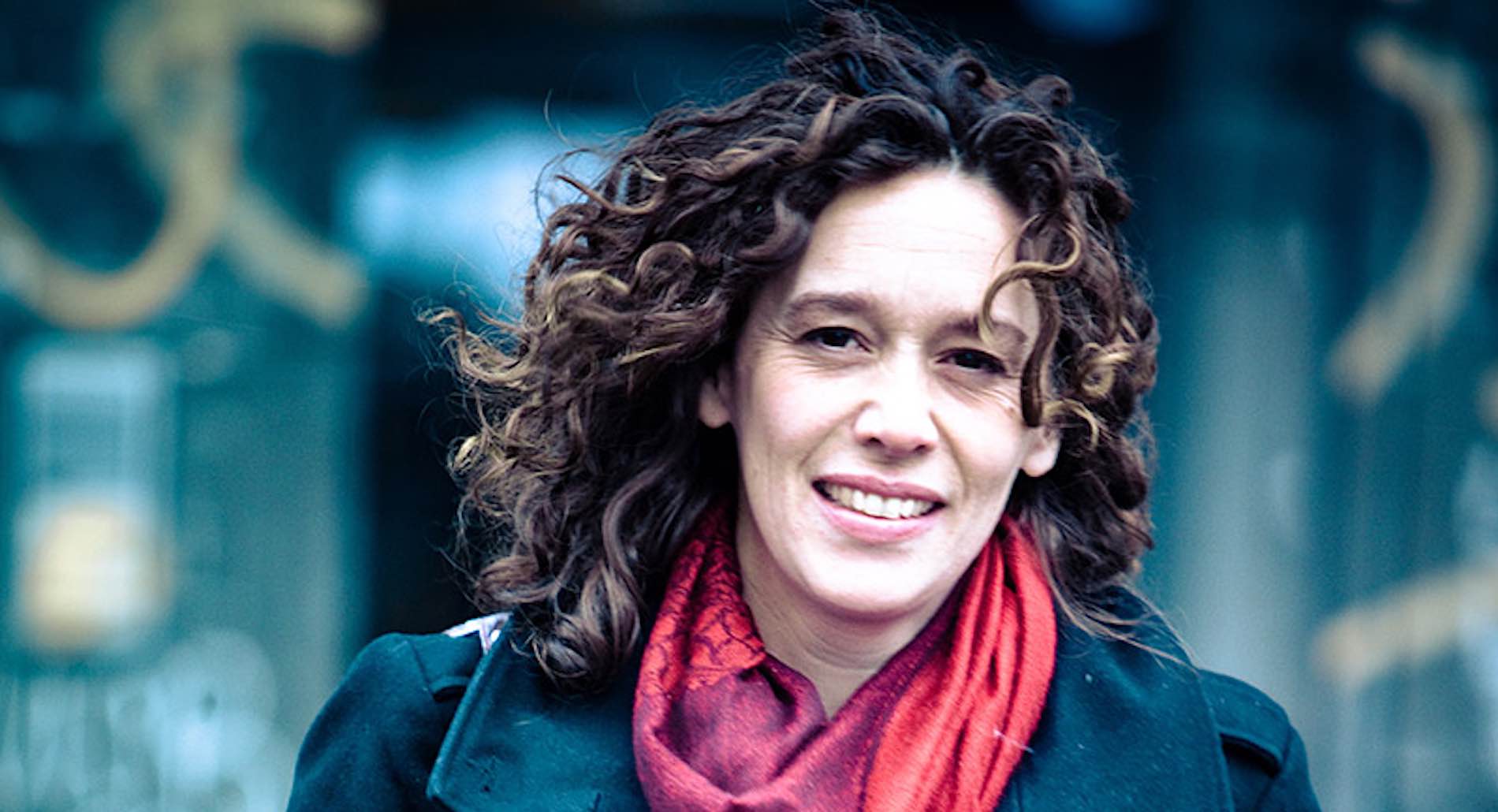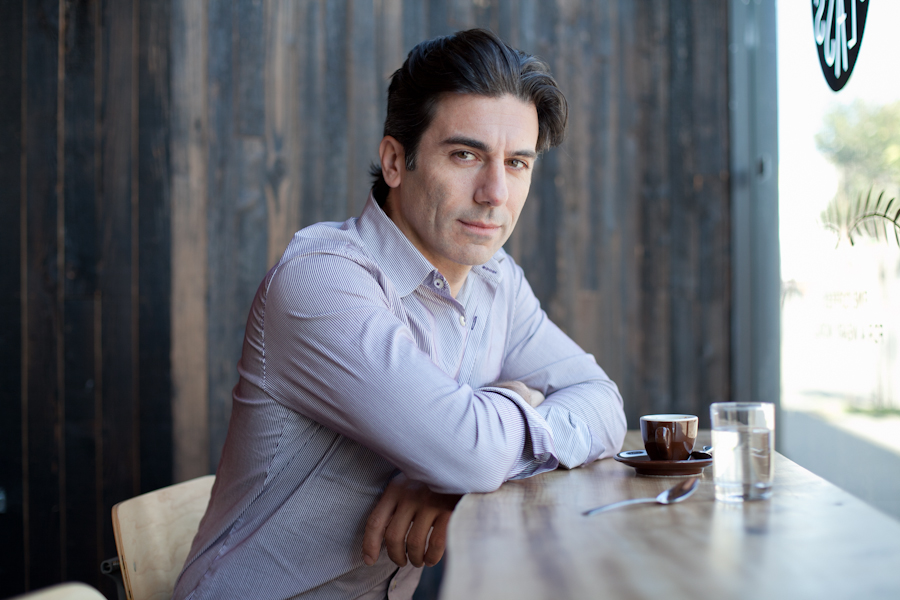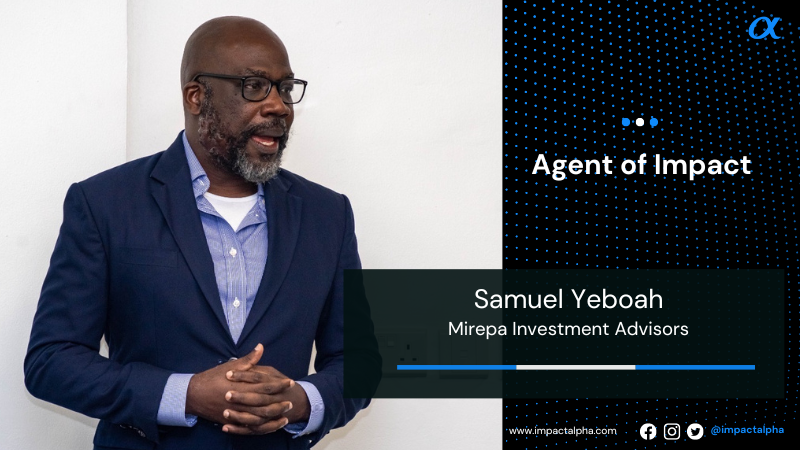ImpactAlpha, July 9 – Good journalism can make people feel uncomfortable. Well-told stories prompt readers and listeners to challenge assumptions, and can force societies to rethink narratives and relearn histories. Nikole Hannah-Jones’ 1619 Project did all of those things.
The New York Times features and podcasts on the 400th anniversary of the arrival of enslaved people in Virginia centered the role of slavery in American history and lifted up the contributions of Black Americans in challenging the nation to live up to its ideals of freedom. The series, not without controversy, succeeded in presenting a more comprehensive picture of U.S. history.
The series landed at a moment of racial reckoning in the U.S., and jumpstarted a debate on critical race theory. The framework posits that racism isn’t just the product of individual bias but embedded in legal systems and policies. Hannah-Jones’ won a Pulitzer Prize for commentary.
Backlash ensued. In less than four months, Fox News has mentioned critical race theory more than 1,300 times. A half-dozen states have passed anti-critical race theory laws; another 20 have introduced similar legislation. Testifying before Congress, Gen. Mark Milley, chairman of the Joint Chiefs of Staff, injected some common sense: “What is wrong about having some situational awareness about the country that we are here to defend?” Good journalism ignites public conversation.
Good journalism deepens understanding of the past to help citizens build a better future. This week, Hannah-Jones accepted a tenured position at Howard University. Backed by $20 million from the MacArthur, Ford and Knight foundations, she will establish the Center for Journalism and Democracy to train aspiring journalists across multiple historically Black colleges and universities.
Howard’s gain is the University of North Carolina’s loss, after a tenure controversy derailed Hannah-Jones’ appointment at her alma mater. She will be joined by writer Ta-Nehisi Coates, like Hannah-Jones a ‘MacArthur genius,’ who himself sparked the national conversation on reparations.
“Our press does not reflect the nation it serves and too often struggles to grasp the danger for our country as we see growing attacks on free speech and the fundamental right to vote,” said Hannah-Jones. The new center will “produce journalists capable of accurately and urgently covering the challenges of our democracy with a clarity, skepticism, rigor, and historical dexterity that is too often missing from today’s journalism.” Good journalism has impact.











